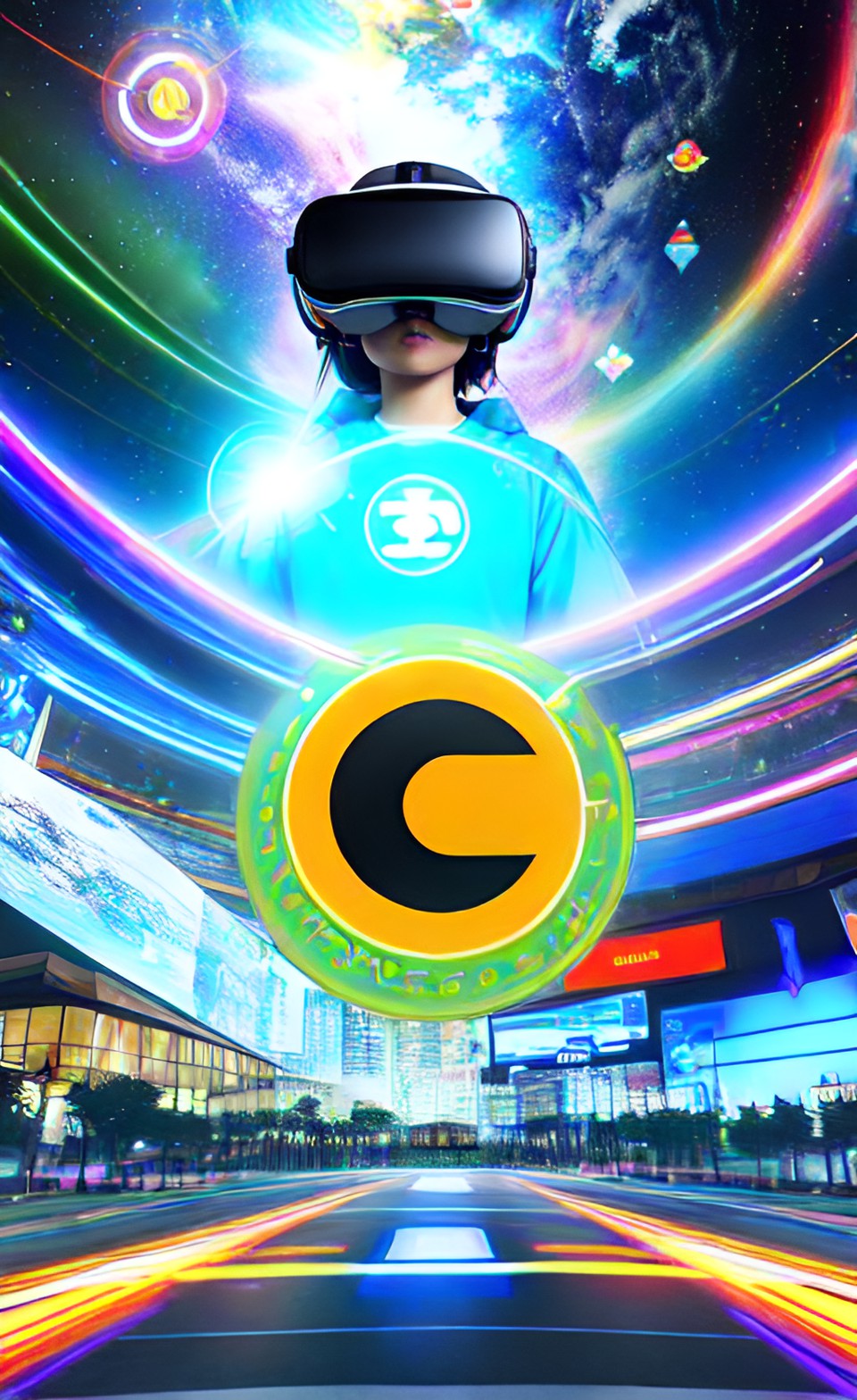
Advertisements
Introduction
In recent years, the term "metaverse" has captured the imagination of tech enthusiasts, gamers, and futurists alike. The metaverse represents a virtual realm where people can interact, socialize, work, play, and conduct business in an immersive, interconnected digital environment. This emerging concept is poised to revolutionize the way we experience the internet, giving rise to new opportunities, challenges, and a profound impact on society. In this article, we will delve into the metaverse, explore its significance, and discuss the transformative global trend it has become.
1. Defining the Metaverse
The metaverse can be seen as an evolution of the internet and virtual reality, blurring the boundaries between the physical and digital worlds. It is a shared virtual space where users, represented by avatars, can engage with one another, create content, and participate in various activities, much like in the real world. However, unlike conventional online experiences, the metaverse aims to create a more seamless and persistent virtual environment.
Think of it as an expansive, interconnected universe of virtual worlds, social networks, gaming realms, e-commerce platforms, and augmented reality experiences. Major technology companies, game developers, and startups are investing significant resources into building the infrastructure and applications that will form the backbone of the metaverse.
2. The Gaming Connection
Gaming has been a driving force behind the evolution of the metaverse. Massively multiplayer online games (MMOs) and virtual worlds have long provided a glimpse of what a connected virtual reality could look like. Games like Fortnite, Minecraft, and Roblox have amassed huge user bases, showcasing the potential of a shared digital space for socializing, creativity, and entertainment.
These gaming platforms have also fostered vibrant virtual economies, where in-game assets and virtual currencies hold real-world value. Players can buy, sell, and trade digital goods, leading to the emergence of a new market for virtual assets and experiences.
3. Social Aspects and Connectivity
One of the most compelling aspects of the metaverse is its potential to connect people from all corners of the globe. The virtual space enables individuals to transcend physical limitations, making it possible to interact and collaborate with others in ways previously unimaginable. Meetings, conferences, and social gatherings can take place in virtual environments, making long-distance communication more engaging and immersive.
Moreover, the metaverse caters to a generation raised on social media and digital communication. For many, virtual interactions are becoming as essential as face-to-face encounters, blurring the lines between online and offline relationships.
4. A New Frontier for Business and Commerce
The metaverse presents unprecedented opportunities for businesses to thrive in a digital-first world. Virtual storefronts and marketplaces allow companies to sell products and services to a global audience without traditional geographic limitations. Brands can create immersive shopping experiences, enabling customers to try out products virtually before making a purchase.
Moreover, the metaverse is fostering the rise of virtual real estate, where individuals and businesses can acquire and develop digital properties. The ownership and development of these spaces can offer lucrative returns as the metaverse's user base continues to expand.
5. Challenges and Considerations
While the metaverse holds vast potential, it also comes with significant challenges and considerations. One of the most pressing concerns is the issue of data privacy and security. As users spend more time in the virtual realm, there is a need to safeguard personal information and prevent potential abuses.
Additionally, the metaverse raises questions about digital addiction and its impact on mental health. The immersive and all-encompassing nature of the virtual world may lead to issues of isolation and disconnection from real-life interactions.
Furthermore, the metaverse must grapple with issues of accessibility and inclusivity. As this technology becomes more prevalent, ensuring that it is accessible to individuals of all abilities and economic backgrounds will be critical.
6. The Future of Work and Education
As the metaverse becomes more sophisticated, it is likely to redefine traditional notions of work and education. Remote work could evolve into a fully immersive virtual experience, allowing employees to collaborate and conduct meetings in lifelike environments. Similarly, education may transcend physical classrooms, providing students with interactive, experiential learning opportunities.
Conclusion
The metaverse is not merely a fleeting trend but a transformative force that is reshaping our relationship with the digital world. It represents a convergence of technology, creativity, and human interaction that is set to influence numerous aspects of our lives. As we venture into this virtual realm, we must navigate the challenges and opportunities it presents responsibly.
The metaverse has the potential to democratize access to information, facilitate meaningful connections, and unlock new economic possibilities. However, to fully realize these benefits, we must address issues of privacy, inclusivity, and digital well-being. By doing so, we can shape a metaverse that enriches our lives and propels us towards a more connected, innovative, and sustainable future.
